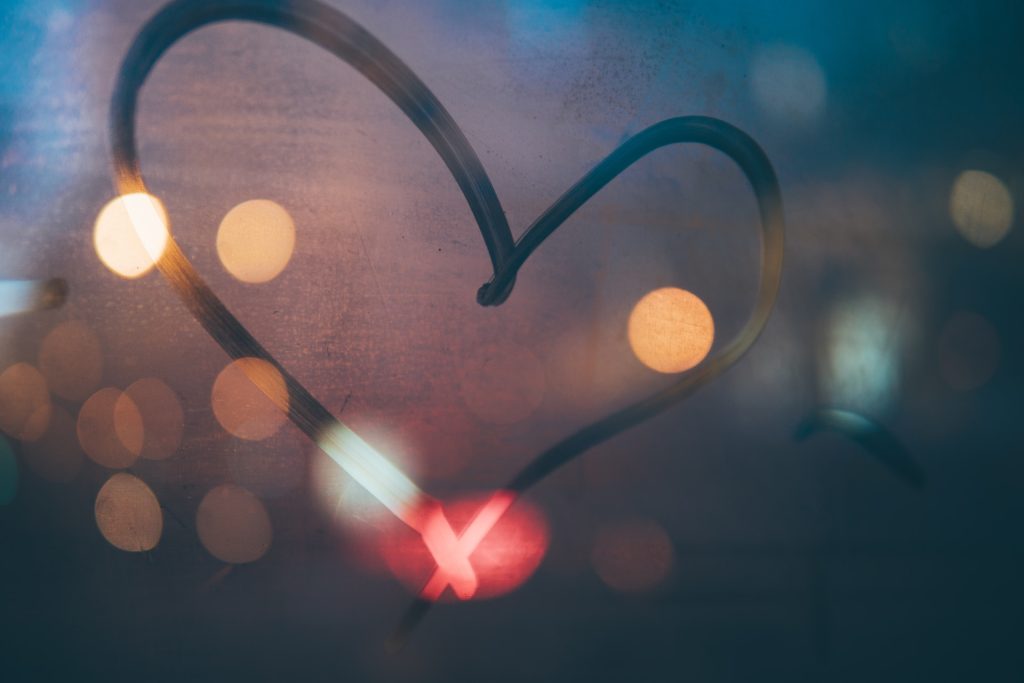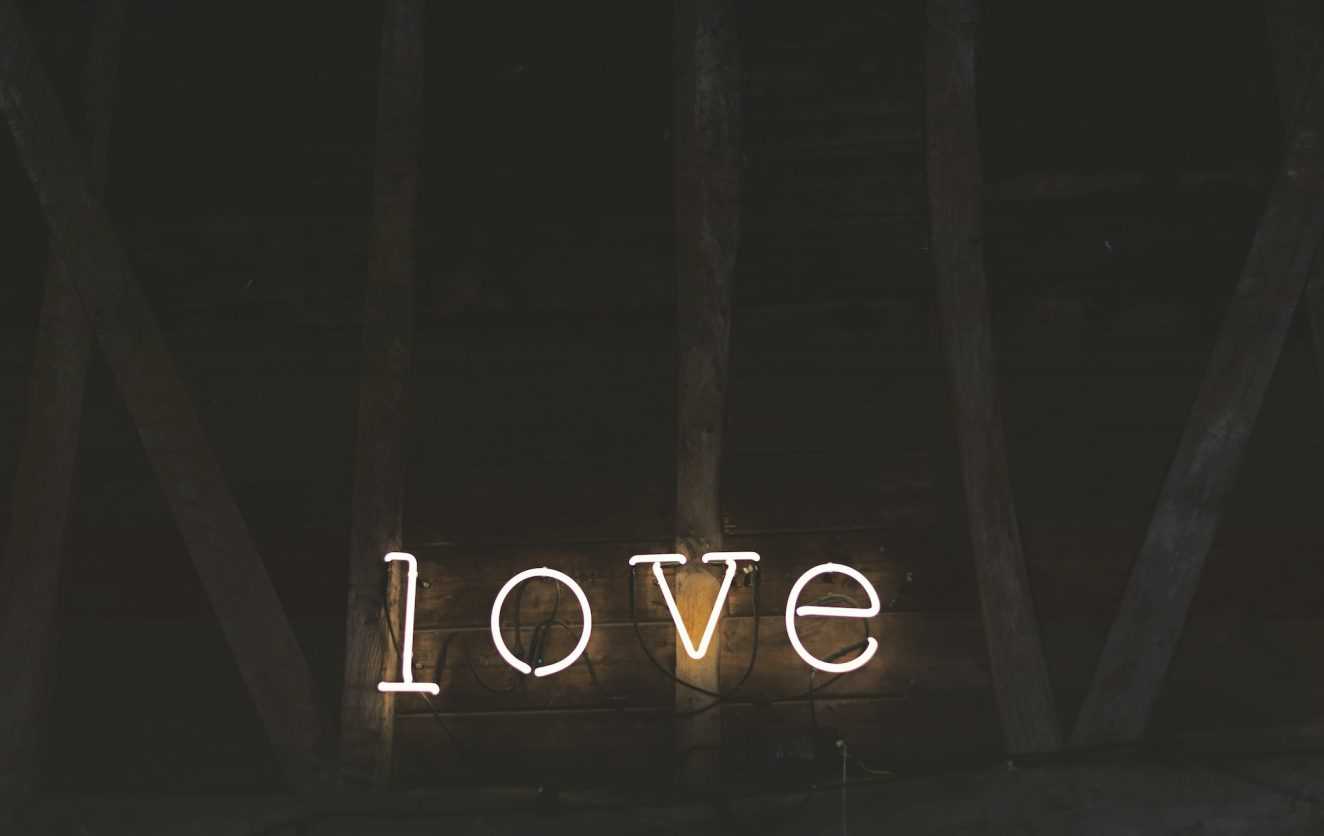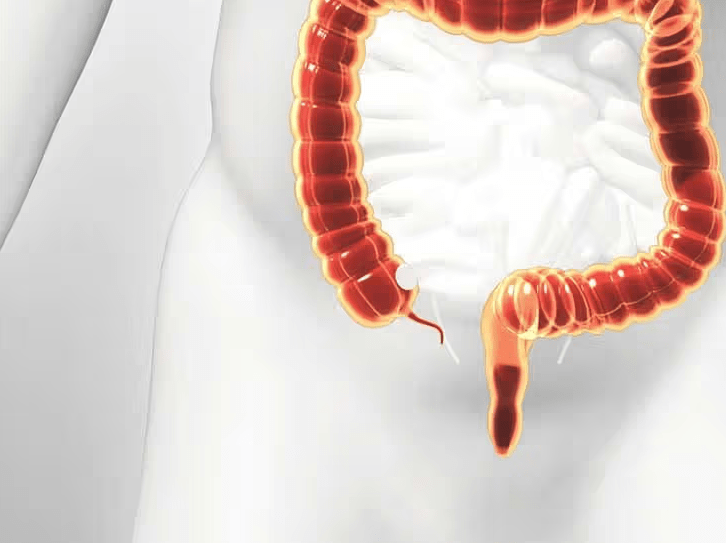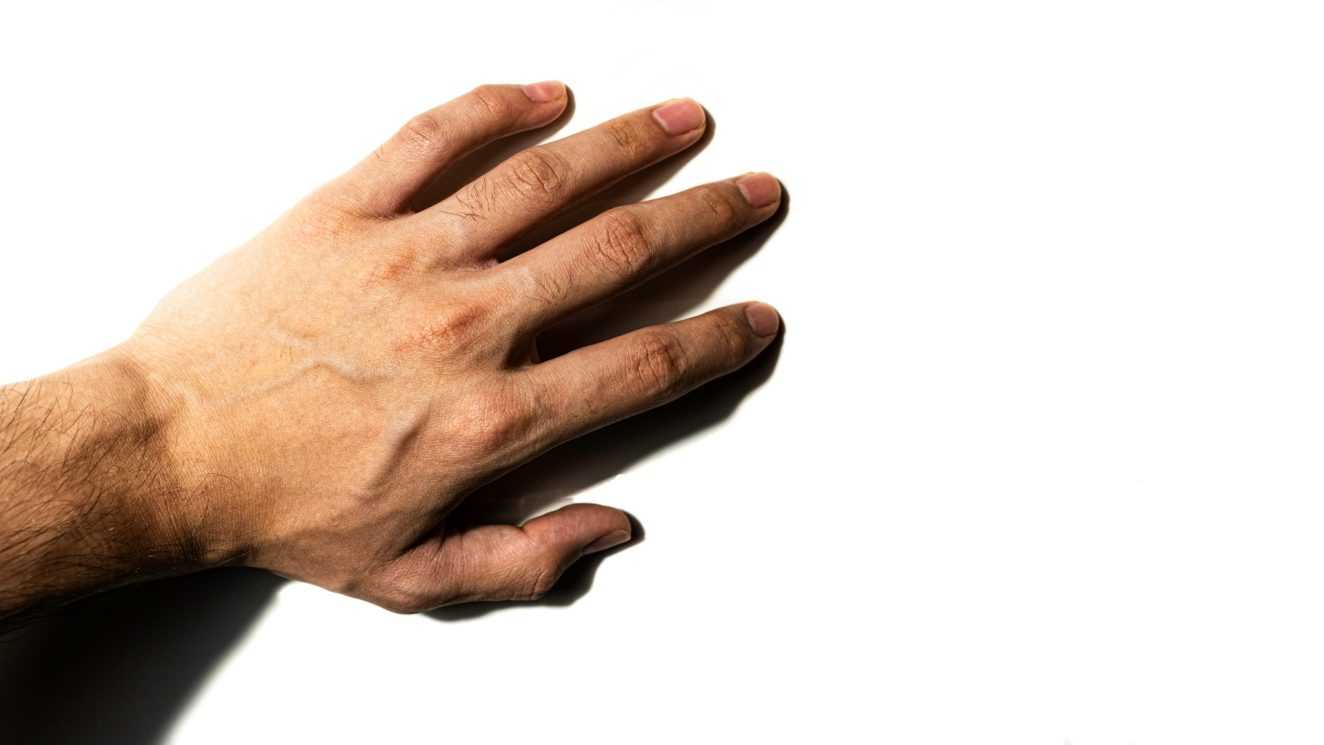Love. It’s a four-letter word that can make your heart race, your palms sweaty, and your world turn upside down. But what is love, really? Is it just a romantic notion, or is there a scientific explanation behind those heart-flutters and butterflies in your stomach? Hold on to your lab coats, folks, because we’re about to dive into the electrifying world of love, complete with beakers, chemical reactions, and all that scientific jazz!

So, What is Love, Anyway?
Love is like a delicious mystery, and it turns out that science is on the case. Neuroscientists, psychologists, and biologists have been putting love under the microscope, and what they’ve found is both mind-boggling and heartwarming.
At its core, love is a complex emotional state. It’s not just one thing; it’s a cocktail of emotions that involve attachment, affection, passion, and even a sprinkle of obsession. But what’s the secret sauce that makes us feel this way? The answer lies in our brains and bodies, and it starts with the “love chemicals.”
Love, Brought to You by Dopamine, Serotonin, and More
Ever heard someone say, “Love is a chemical reaction”? Well, they’re not entirely wrong. When you’re falling in love, your brain goes into overdrive, releasing a potent mix of neurotransmitters, the brain’s messengers. Dopamine, often called the “feel-good” neurotransmitter, is the star of the show. It’s responsible for those euphoric, giddy feelings when you see or think about your special someone. It’s like your brain’s way of saying, “Hey, this person is amazing, keep them around!”
But there’s more to the story. Serotonin, another neurotransmitter, contributes to those obsessive thoughts about your love interest. You can’t stop thinking about them, and that’s partially thanks to serotonin. It’s a bit like your brain getting stuck on a beautiful love loop.
Oxytocin, often dubbed the “love hormone” or “cuddle hormone,” plays a crucial role, too. It’s released during physical touch and bonding, like hugging, cuddling, or, you know, holding hands. This hormone helps to strengthen emotional bonds, trust, and intimacy between you and your partner.
Vasopressin, the less famous sibling of oxytocin, also gets in on the action. It’s associated with long-term commitment and monogamous behavior. So, when you’re in a loving, committed relationship, you can thank vasopressin for helping you stay true to your one and only.

The Heart vs. The Brain
We’ve all heard the phrase, “I love you with all my heart.” But guess what? The heart isn’t entirely responsible for those lovey-dovey feelings. In fact, it’s the brain that’s running the show. When you’re in love, your brain sends signals to various parts of your body, like your heart. That’s why you might feel your heart race when you’re around your beloved.
This heart-pounding sensation isn’t just a metaphor; it’s a real physiological response. The brain triggers the release of adrenaline and norepinephrine, which increase your heart rate and make your palms sweaty. It’s like your body’s way of preparing for a love-fueled adventure. Who knew love could be so exhilarating and sweat-inducing at the same time?
Why Do We Feel Strong Emotions Like Love?
Love isn’t just about reproduction or finding a mate, though that’s certainly one of its evolutionary roles. It also has a lot to do with social bonding and cooperation. The warm and fuzzy feelings of love encourage us to build and maintain strong, supportive relationships with others.
From an evolutionary standpoint, forming loving bonds with family, friends, and partners enhances our chances of survival. We’re social creatures, and our ability to form emotional connections helps us create tight-knit communities, work together, and thrive as a species.
The Dark Side of Love: What Happens When It Goes Wrong
Now, it’s not all sunshine and rainbows. Love can be a double-edged sword. When things go south in a relationship, those same chemical reactions that once made you feel on top of the world can lead to heartbreak, anxiety, and even depression. Love is a powerful force, and when it’s unrequited or lost, it can feel like a punch in the gut.
The brain chemistry doesn’t discriminate between falling in love and falling out of love, so the withdrawal of those feel-good chemicals can be a real downer. But don’t despair; time, support, and self-care can help mend a broken heart.

So, there you have it. Love isn’t just a figment of your imagination or a purely romantic notion. It’s a symphony of chemical reactions and emotional experiences orchestrated by your brain and body. From the rush of dopamine to the cozy embrace of oxytocin, love is a complex and beautiful part of being human.
Next time you feel those butterflies in your stomach or your heart racing at the sight of your beloved, you can thank your brain’s love chemistry for the thrill. And when love gets tough, remember that it’s not just in your head; it’s in your head and your heart, playing out a complex, beautiful, and entirely scientific love story. So, embrace it, cherish it, and let it remind you that, in the end, we’re all just a bunch of love-struck, chemical-laden humans, searching for our happily ever after.





